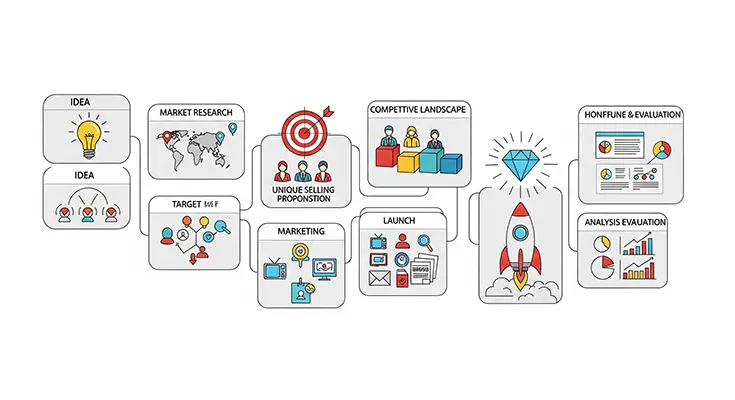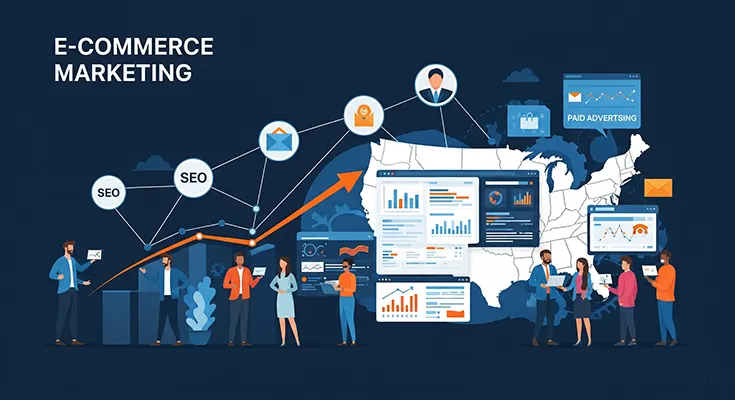
Stand Out at Events with Stunning Stall Designs in Delhi NCR
In the fast-paced business scene, companies strive hardest for brand attention during expositions and trade shows. Then, what is the secret to making you and your brand display unforgettable? The answer is simple.
A bright, original, and custom-made exhibition stall design. It is not just a wall for engaging visuals but a stage for the brand to perform. With interactive layouts, professional stall builders can turn ordinary spaces into engaging brand experiences. In a crowded hall of competitors, don’t just show up — stand out. Let your stall speak volumes, attract leads, and leave a lasting impression.
Why Does a Great Exhibition Stall Design Matter in Delhi NCR?
1. Maximizes Space and Functionality
An effective exhibition staircase design is not only good-looking but is also based on functional space and ensures a smooth visitor flow. Whether you’re selling cool tech devices, gift items, or heavy machinery, a well-thought-out layout …
Stand Out at Events with Stunning Stall Designs in Delhi NCR Read More




